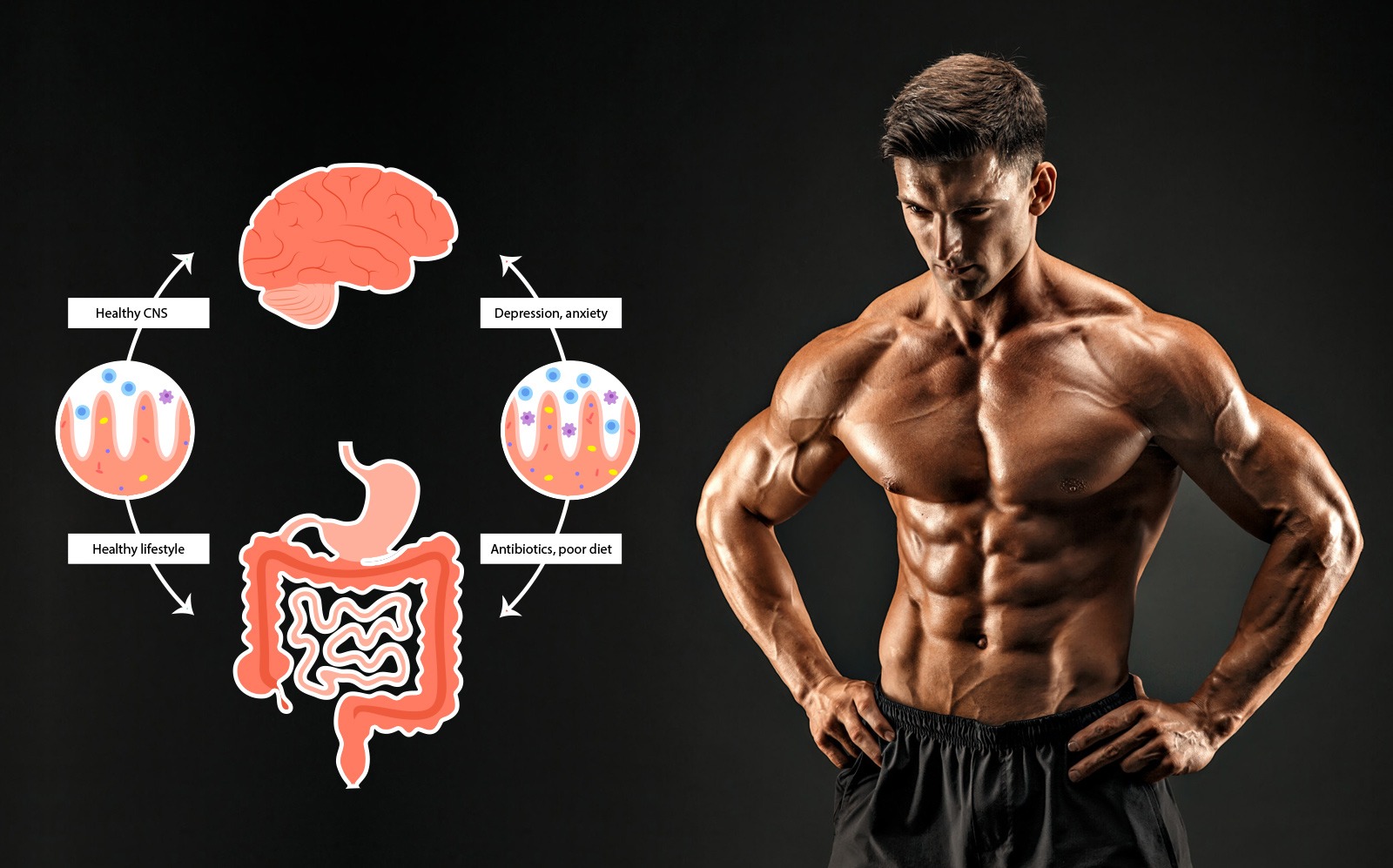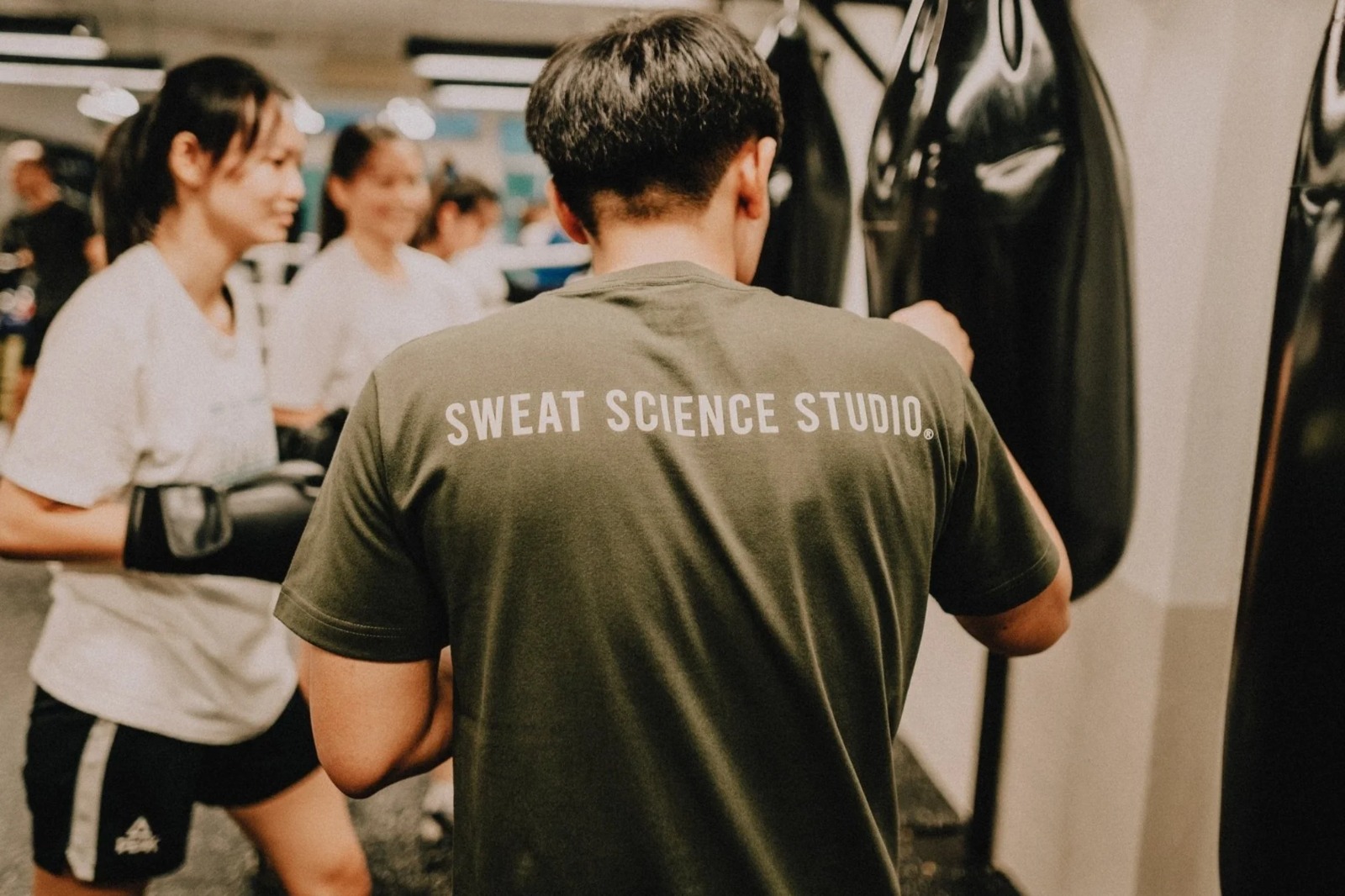
Breaking a Sweat: How Sports Build Endurance and Energy
Engaging in sports is one of the most effective ways to enhance both physical endurance and mental energy. It helps build strength, improve cardiovascular health, boost mood, and enhance overall well-being. Regular participation in sports, whether competitive or recreational, can help you stay energized, reduce stress, and develop essential life skills like discipline and teamwork.
💪 Fitness Guru
22 min read · 3, Jan 2025

The Power of Movement
Let me start by saying, my dear, that movement is the key to unlocking strength and energy. From a very young age, our bodies are designed to be active. Whether it's running, swimming, cycling, or playing any form of sport, our muscles, joints, and heart are meant to engage in regular movement. When we break a sweat, we’re not just working our bodies; we’re teaching them to become more efficient at using energy and building stamina.
Sports, in essence, are structured forms of movement that push our bodies to work harder and longer. These activities can involve various forms of physical exertion that help in strengthening our muscles, increasing heart rate, and improving the cardiovascular system. Over time, the more we engage in physical activity, the better we get at it, and our bodies become more adept at managing endurance.
How Sports Enhance Endurance
1. Building Muscular Strength:
Sports are excellent at increasing muscle strength, which directly contributes to building endurance. The more you move, the stronger your muscles get, and the easier it becomes to sustain physical effort over time. Activities like running, cycling, weightlifting, or playing tennis require your muscles to perform repetitive movements, which forces them to adapt. With time, your body becomes more efficient at storing and utilizing energy, making it possible for you to exert more energy without tiring out quickly.
2. Cardiovascular Health:
Have you ever noticed how after a few weeks of regular physical activity, you’re able to climb stairs without getting winded? That’s because sports improve your heart health. Your heart becomes more efficient at pumping blood and oxygen throughout your body, leading to better endurance. Sports such as running, swimming, and cycling are especially good for improving cardiovascular endurance. The stronger your heart becomes, the less effort it takes to perform physical activities, giving you more energy for longer periods.
3. Stamina Through Consistency:
The secret to building endurance lies in consistency. It’s just like planting a seed and nurturing it over time. The more regularly you engage in sports, the more you will notice improvements in your stamina. Whether it’s swimming laps or jogging every day, consistency makes your body adapt and become more efficient. Eventually, physical activities that once felt challenging will become easier, allowing you to perform longer and at a higher intensity.
4. Developing Mental Resilience:
Endurance is not just a physical trait, my dear, but also a mental one. It’s easy to get tired or frustrated when you’re pushing your body hard, but sports teach us the art of perseverance. Over time, you’ll notice that you are not just physically stronger but mentally tougher as well. When faced with physical challenges, your mind learns how to push through the discomfort and keep going. This mental toughness is a key component of both endurance and energy.
Boosting Energy with Sports
Now, let’s talk about how sports can help to boost your overall energy levels. You might be wondering, “How can expending energy actually make me feel more energized?” Well, here’s the magic: the more you engage in physical activities, the more energy your body learns to produce and utilize. It’s like a self-sustaining cycle—sports keep your body in motion, which in turn keeps your energy levels up.
1. Release of Endorphins:
One of the best things about exercising through sports is the natural boost of happiness and energy that comes from the release of endorphins. These are the "feel-good" hormones that your brain releases when you engage in physical activity. After a workout or a game, many people experience what’s known as a “runner’s high” — a sense of euphoria that leaves them feeling more energized and positive. Regular participation in sports can ensure that you’re always producing these wonderful mood-enhancing hormones.
2. Increased Oxygen Flow:
When you engage in sports, you improve your lung capacity, which allows you to take in more oxygen. This means that your body can better fuel itself during physical exertion. Oxygen is like the gasoline for your body’s engine; the more oxygen your muscles get, the more efficiently they can work. This results in higher energy levels, which makes it easier to stay active and alert throughout the day.
3. Better Sleep Patterns:
If you’re feeling tired or sluggish, one of the best things you can do is engage in physical activity. Sports help regulate your sleep patterns by promoting deeper, more restful sleep. As you use up energy during the day, your body craves rest, and the sleep you get after physical exertion is of higher quality. A good night’s sleep helps you recharge your body, and when you wake up, you’re ready to take on the day with more energy.
4. Stress Reduction:
Have you ever noticed that after a long day, going for a jog or playing a sport leaves you feeling more relaxed? That’s because physical activity helps reduce levels of cortisol, the stress hormone, in your body. When you exercise, the focus shifts from the worries of the day to the task at hand. This provides a mental reset and reduces overall stress, leaving you with more energy to tackle other aspects of your life.
Sports and Healthy Lifestyle: A Strong Connection
Engaging in sports also helps you build a healthier lifestyle. When you make sports a regular part of your routine, you’ll start noticing other positive changes, like eating better, staying hydrated, and getting adequate sleep. Sports encourage healthy habits, and the more active you are, the less likely you are to develop health problems such as heart disease, diabetes, and obesity.
Besides that, sports are social activities that can bring people together, encouraging teamwork and collaboration. This creates a positive environment where both physical and mental energy are nurtured, and that energy carries over into other parts of your life, including work, relationships, and personal goals.
The Joy of Progress
One of the most beautiful aspects of engaging in sports is the progress you make. Every time you increase your running distance, improve your swimming stroke, or reach a new fitness goal, you experience a sense of accomplishment that boosts both your energy and morale. This sense of progress not only improves your physical endurance but also enhances your confidence and determination.
Sports provide an opportunity to set and achieve goals. Whether you're training for a marathon, improving your tennis skills, or simply aiming to get fitter, the rewards of hard work and dedication are deeply satisfying. As you progress, you’ll begin to see the fruits of your efforts, which will encourage you to keep going.
Conclusion: A Lifelong Commitment
In conclusion, sports are much more than just physical activities. They are tools that help you build endurance, increase energy, and create a foundation for a healthy and fulfilling life. Whether it’s running, swimming, tennis, or any other sport, the benefits are immeasurable. So, I encourage you to embrace sports with open arms. With consistent effort, you will feel your energy levels soar, your endurance grow, and your life become more vibrant and full of joy.
Q&A Section:
Qqes 1: How often should I engage in sports to see improvements in endurance?
Ans: Ideally, aim for at least 3 to 4 times a week. The key is consistency. Start slow and gradually increase intensity as your endurance improves.
Ques 2: Can I build endurance through low-intensity sports?
Ans: Yes, low-intensity sports like walking, cycling, or swimming can still improve endurance over time, especially if you engage in them regularly.
Ques 3: What type of sport is best for building energy?
Ans: Aerobic sports like running, swimming, and cycling are excellent for boosting energy levels, as they improve heart health and oxygen efficiency.
Ques 4: How can sports help with stress management?
Ans: Physical activity helps reduce the levels of cortisol (stress hormone) and boosts the production of endorphins, leaving you feeling more relaxed and energized.
Ques 5: How long does it take to build significant endurance through sports?
Ans: It varies from person to person, but most people start noticing improvements in their endurance within 4-6 weeks of consistent effort.
Similar Articles
Find more relatable content in similar Articles

Microbiome and Muscle: Gut Health as a Hidden Fitness Tool...
Unlock the hidden potential of.. Read More

The Science of Breathwork: Fitness Beyond Muscles...
Exploring how conscious contro.. Read More

Sweat Science – What Your Sweat Tells About Your Fitness Lev..
Sweat is more than a sign of e.. Read More

Fitness in Tiny Apartments – Creative Space-Saving Workouts...
In today’s urban lifestyle, co.. Read More
© 2024 Copyrights by rFitness. All Rights Reserved.